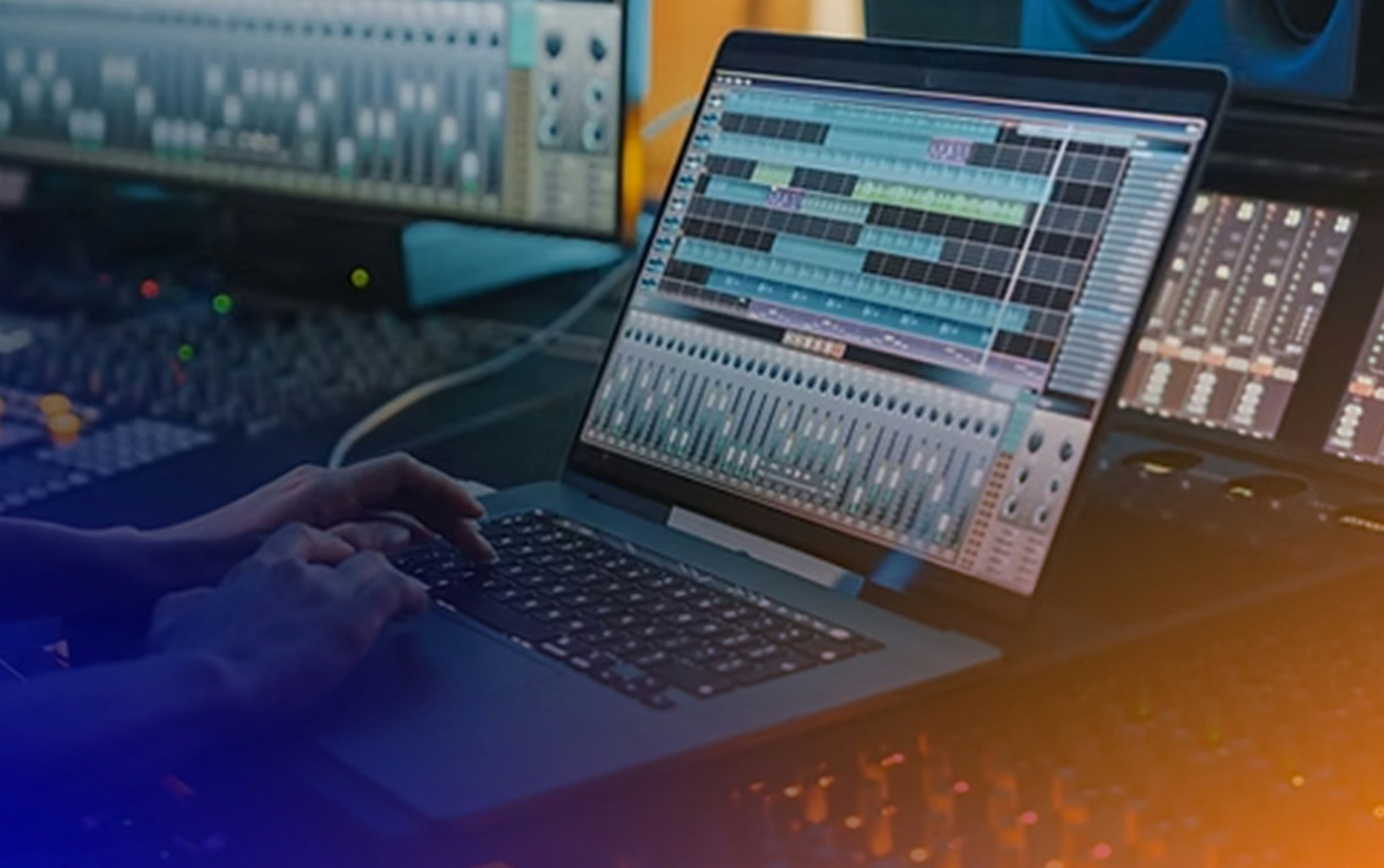

XP Tuned In: The Artist Manager Toolkit - 6 Essential Tips
By XP Publications
February 04 2025
XP Tuned In: The Artist Manager Toolkit - 6 Essential Tips
By XP Publications
February 04 2025
The role of an artist manager is one of the most crucial—and challenging—in the music industry. Managers act as the bridge between creativity and business, ensuring that artists not only stay true to their vision but also thrive in an ever-changing industry. The XP Music Futures Conference recognizes the importance of this relationship, dedicating sessions each year to the artist-manager dynamic, providing insights and strategies to help managers navigate this complex role. When speaking to several artists managers in the region they gave some key points of advice.
In last year’s Hunna Sessions, Sarah Miniway, a music manager, and founder of Simsara, shed some light on the role. "The artist-manager relationship should be the safest space in the industry—free from toxicity and adversity, and held together by the common desire to learn and grow. As such it shouldn’t harbour any fear of making or admitting to mistakes. Instead it should be a space where you can be the most transparent and vulnerable on both sides of the relationship. It’s a space where both parties can openly acknowledge errors and doubt, learn from them, and grow. It should be a space where you are both validating each other. As an artist manager, you have to provide feedback to the artists about their strengths and areas that need development, giving honest constructive feedback is part of the job.
“Equally but often overlooked, is the artist’s role in this feedback loop with their manager,” says Miniawy. “The job of an artist manager is one of the toughest in the industry, and the validation and support you receive from your artist is the one that matters the most—recognising their contributions and giving them both positive and critical feedback—is key. So that feedback, validation, and that safe space is so important and can really be what grounds the career in the face of all the challenges we have to overcome in a very tough industry, and so we need to speak more about this aspect of the artist-manager relationships.”
Meanwhile, when it comes to marketing and promotion, Nalan AlSarraj, an artist manager with Beetroot Records, provides a key recommendation. “Imagine yourself as someone finding out about your artist for the first time 5 or 10 years from now, then ask yourself in this phase or this album or track, what do you want people to say and how do you want them to say it, what's the first word you want them to say as a mark-point?”
“Basically the idea is always being aware of the narrative in the long run,” she says. “Not only for what's happening now. This keeps the marketing concepts always raw, fresh and authentic.
Meanwhile Saud, founder of Brij Entertainment, recommends that when looking into distribution, managers should “Focus on quality over quantity, keep it authentic, plan distribution smartly, make sure the artists stays true to their vision, and build solid relationships with the right distributors.”
If you’re managing an artist—or aspiring to—this toolkit will give you six key areas to focus on, from onboarding and touring to marketing and monetization.
1. What is an Artist Manager?
An artist manager is the backbone of an artist’s career, handling business decisions, strategy, branding, and growth. They coordinate opportunities, negotiate deals, and build the artist’s long-term vision. A great manager is not just a business partner but also a trusted advisor, strategist, and problem solver.
2. The Manager-Artist Relationship
A successful partnership between an artist and manager is built on,
Trust – Honest communication and transparency are essential.
Validation – Both the artist and manager should feel safe giving feedback
Instinct – Know when to take action and when to step back.
Passion – The music industry is tough; without passion, it's easy to burn out.
Faith – Believe in your work and your artist’s vision.
Contract & Agreements – Clearly define expectations and responsibilities.
3. Booking Your Artist
Live performances are a significant revenue stream and a key aspect of an artist’s career.A well-executed concert plan includes (Stay tune for our concert planning toolkit next month)
Venue & Budget – Choose the right venue and plan finances wisely.
Tickets & Promotion – Use strategic marketing to maximize ticket sales.
Stage & Tech Setup – Ensure proper lighting, sound, and stage design.
Rehearsals & Run of Show – Plan every detail, from soundcheck to encore.
Merch & Meet & Greets – Boost fan engagement and additional revenue streams.
Successful touring not only increases revenue but also strengthens an artist’s fan base.
4. Recording & Music Distribution
Understanding the recording and distribution process is essential for a manager. Aspects of Recording and Music Distribution include:
Budgeting Smart – Factor in studio time, mixing, mastering, and production costs.
Understanding the Process – From pre-production to post-production.
Owning Your Masters – Know the legalities and ensure the artist retains rights when possible.
Distribution Strategy – Choose the best platforms (DSPs, physical copies, Bandcamp, direct-to-fan sales).
Proper planning ensures that music releases are both high-quality and financially viable.
5. Marketing & Promotion
Marketing is what turns great music into a successful career. A manager needs to be well-versed in:
Pre-Release Strategy – Hype up the audience with teasers and PR campaigns.
Streaming & Playlists – Pitch music to Spotify, Anghami, Apple Music, and independent curators.
Social Media & Content – Consistent engagement on Instagram, TikTok, and Twitter builds fan loyalty.
Radio & Press Outreach – Get interviews, blog placements, and media coverage.
Strategic marketing can make the difference between a song going unnoticed and becoming a hit.
6. Monetizing an Artist’s Career
A manager needs to ensure their artist is earning revenue beyond just streaming. Key income sources can include:
Streaming & Sales – Spotify, Apple Music, Bandcamp, vinyl, and direct-to-fan sales.
Publishing & Royalties – Ensure the artist is registered with ASCAP, BMI, or SESAC.
Merchandise & Licensing – Sell branded apparel and secure sync deals for film/TV.
Live Performance Income – Ticket sales, VIP experiences, and sponsorships.
Diversifying income streams is essential for long-term financial stability.
Share this


